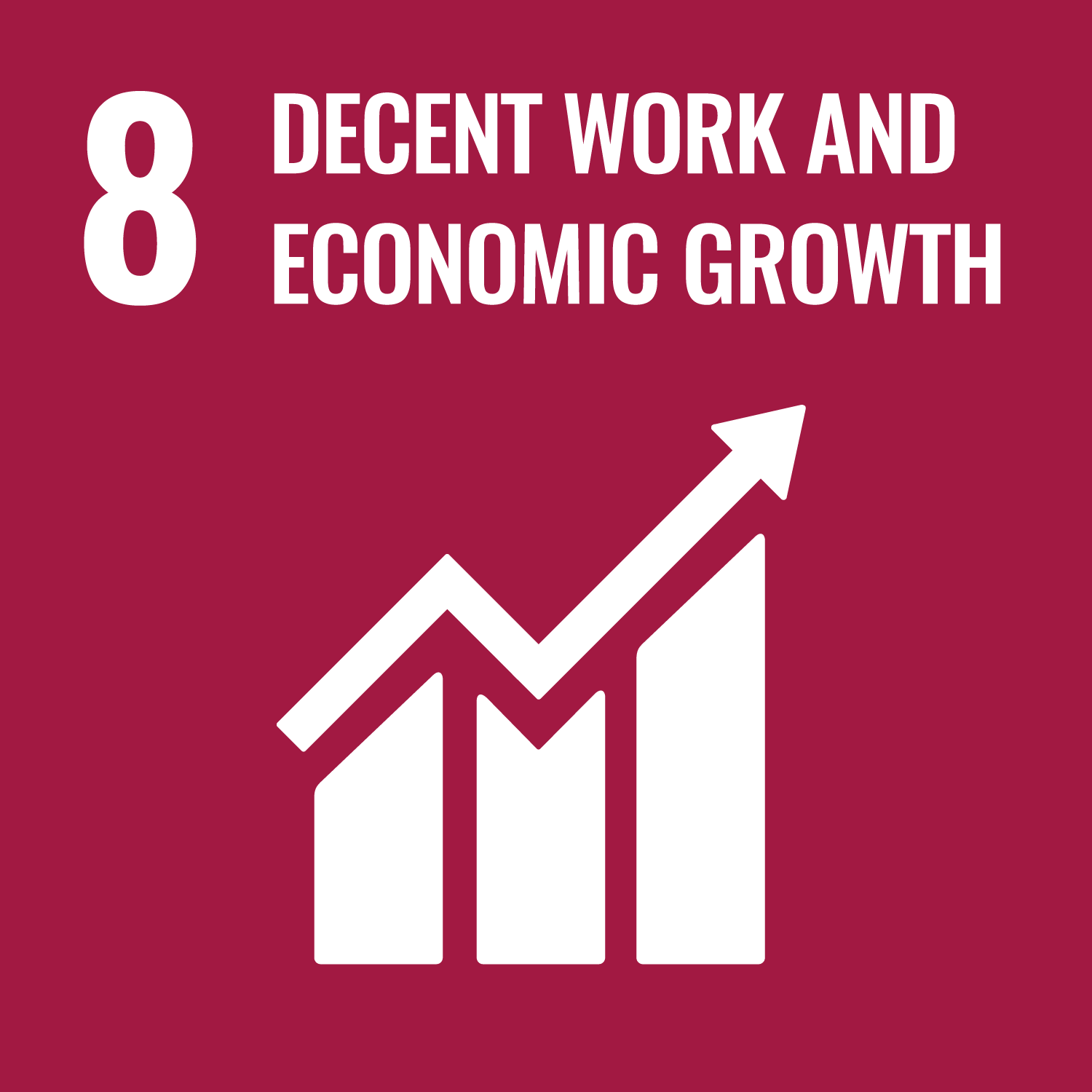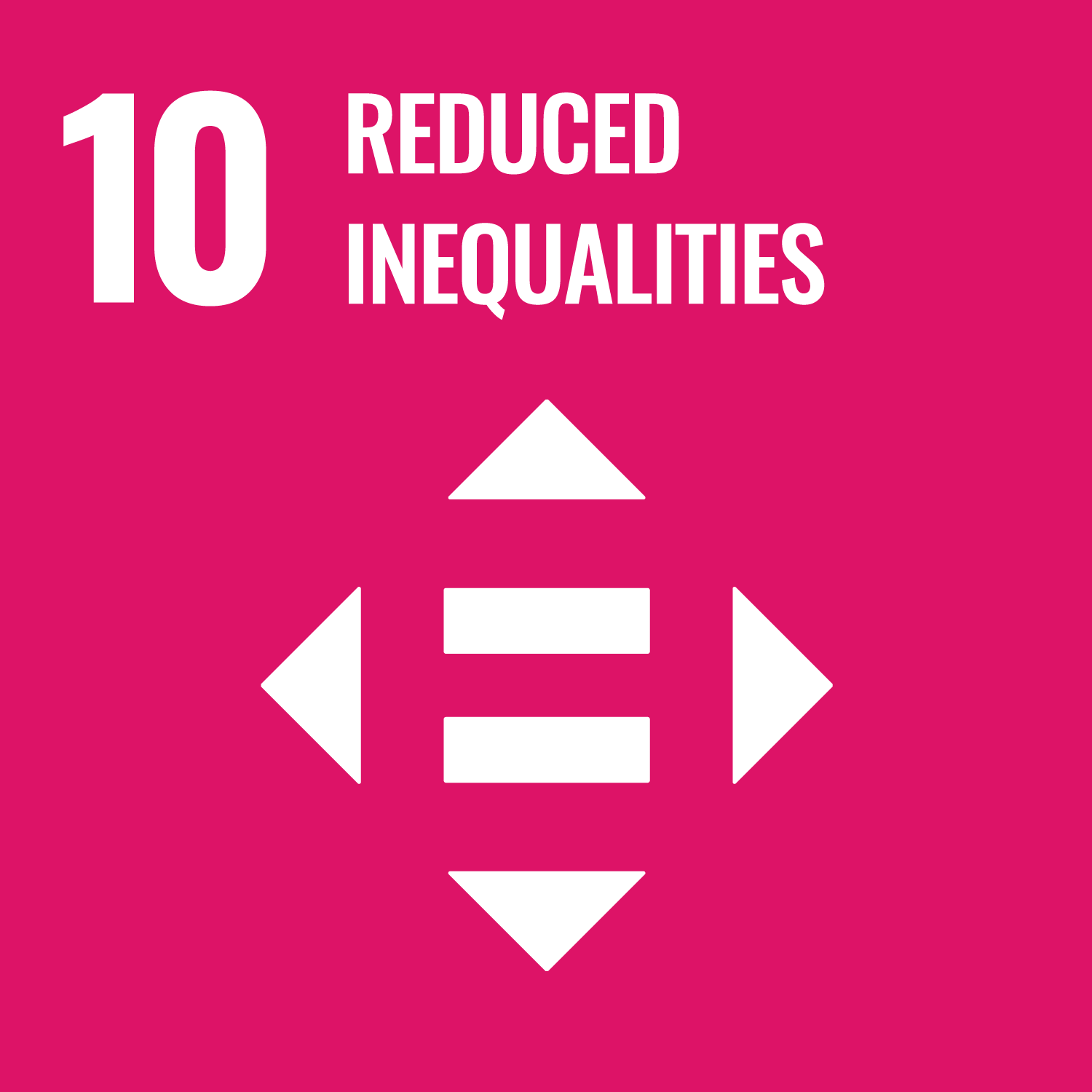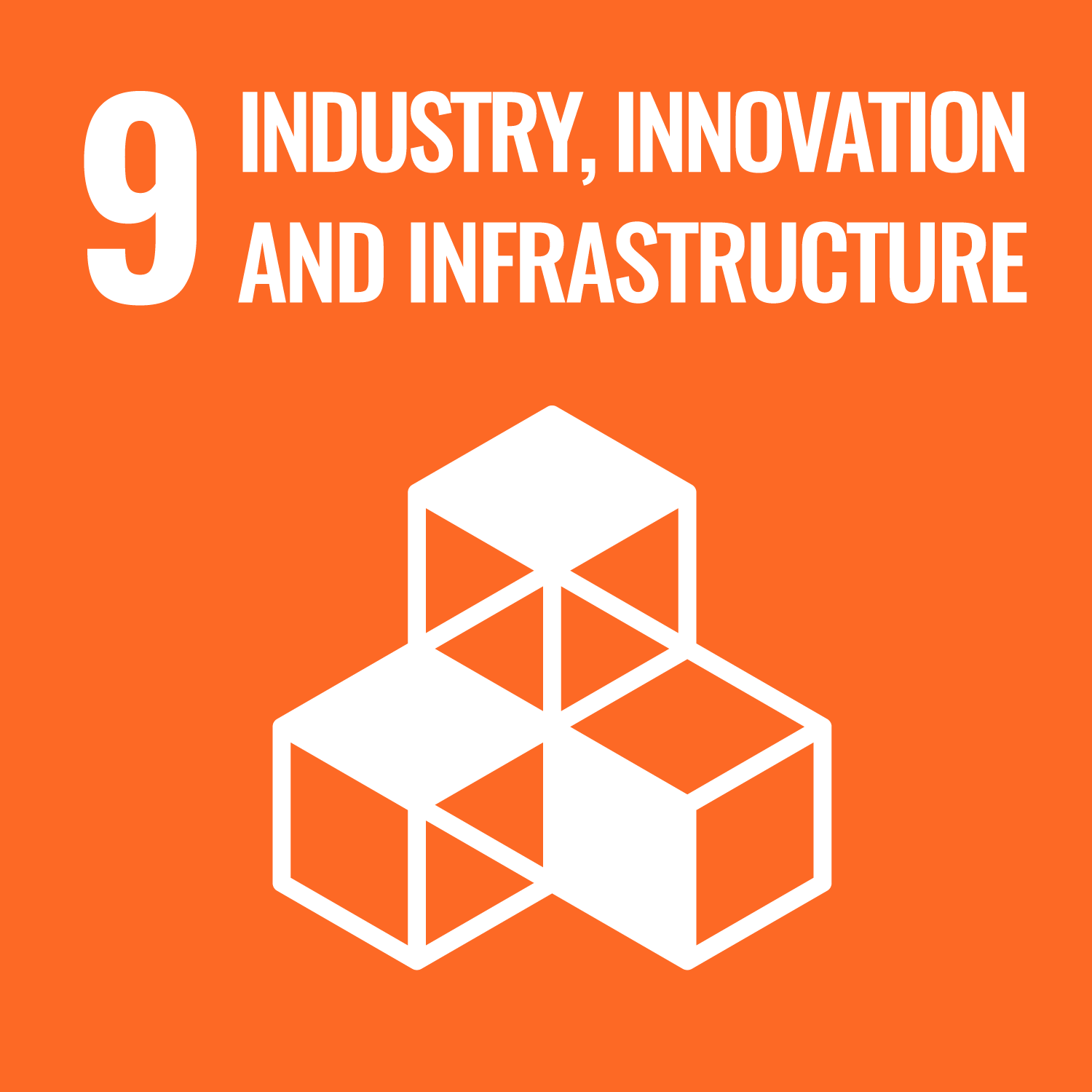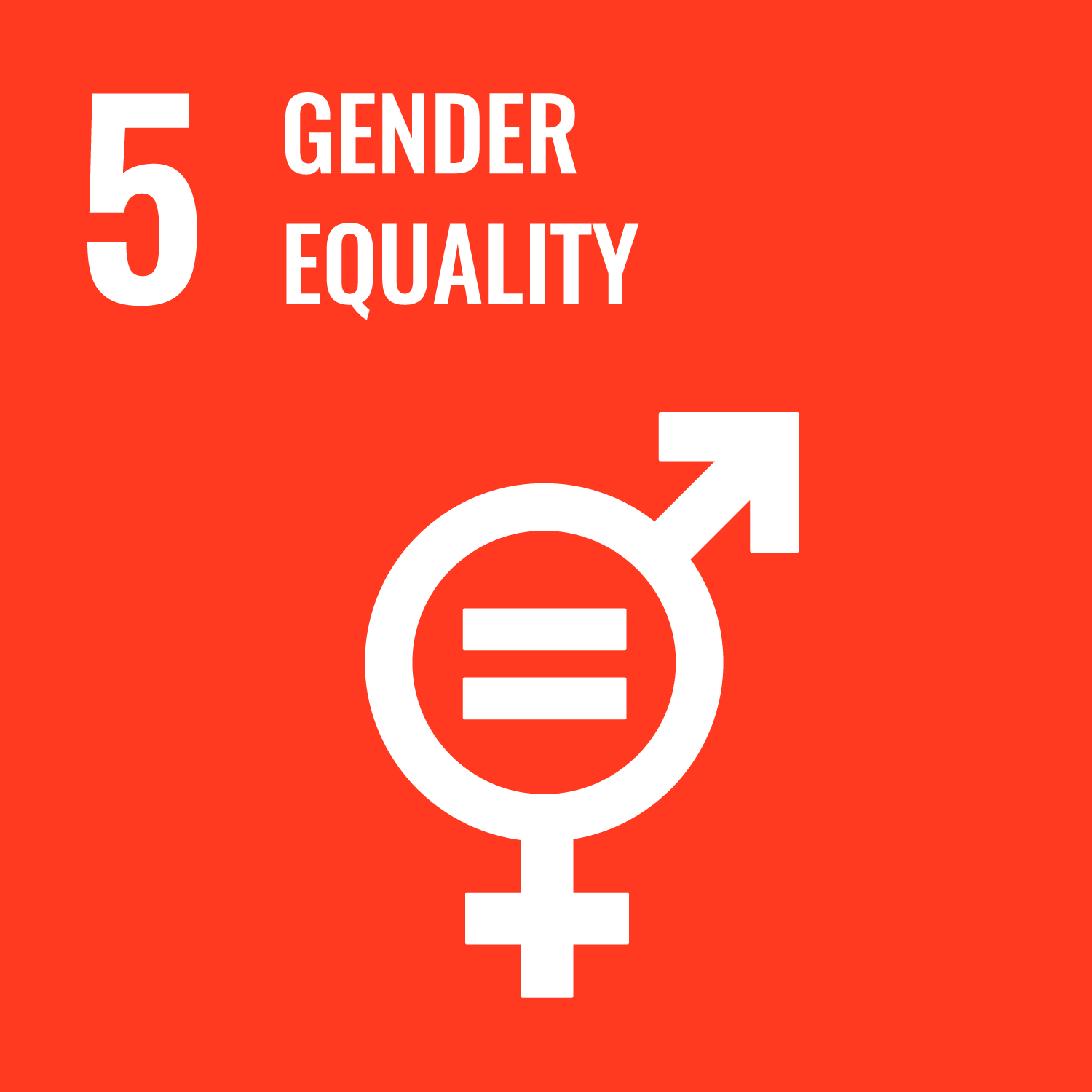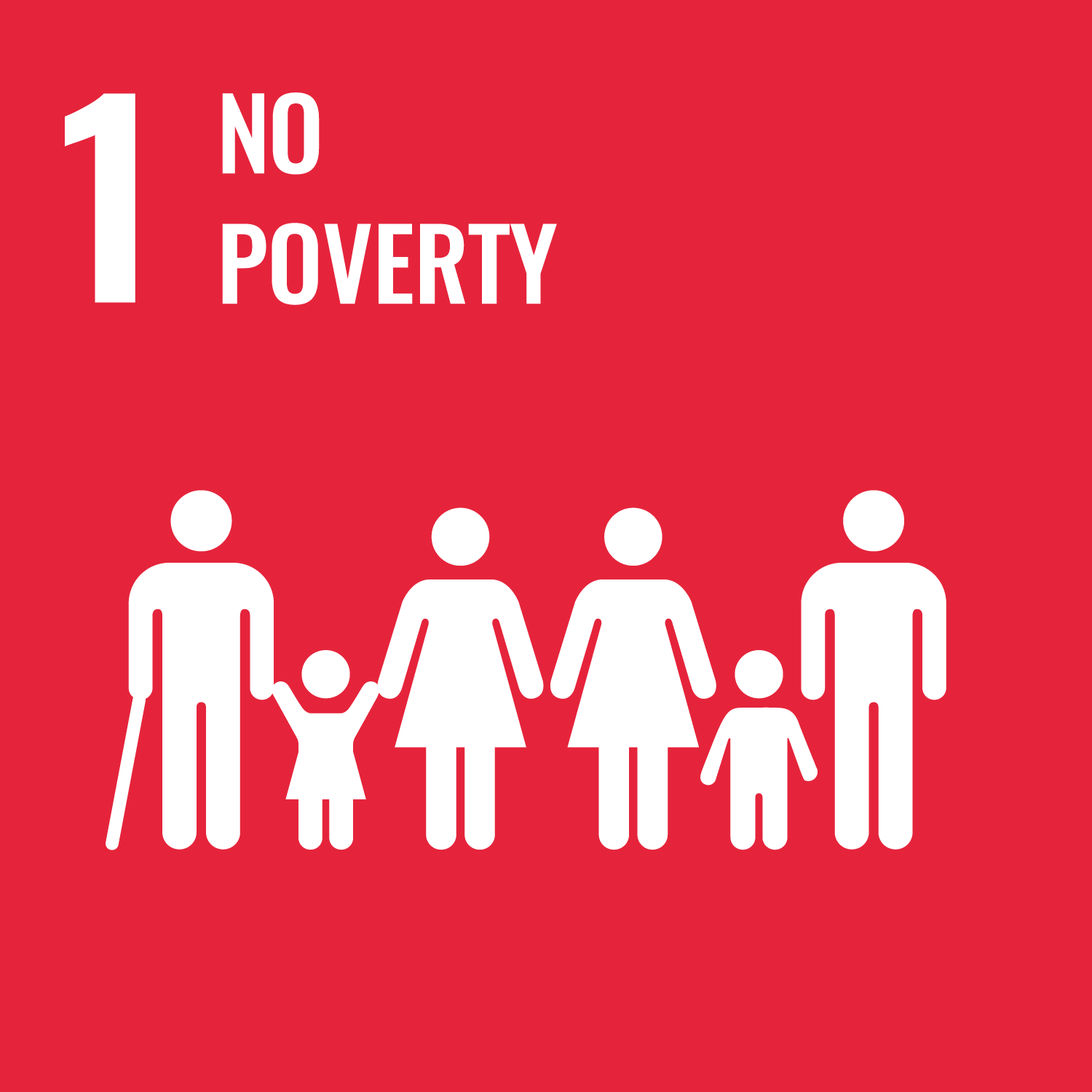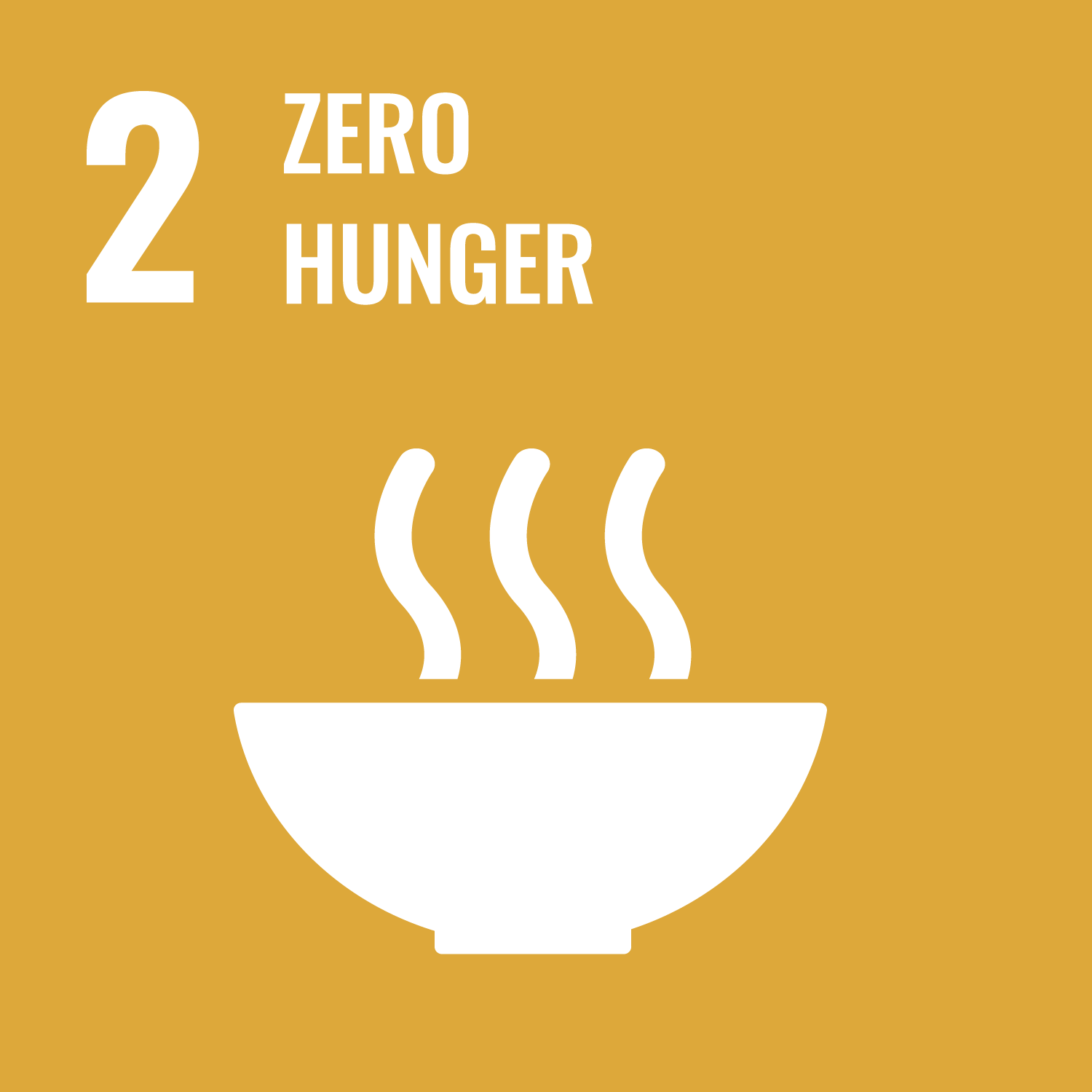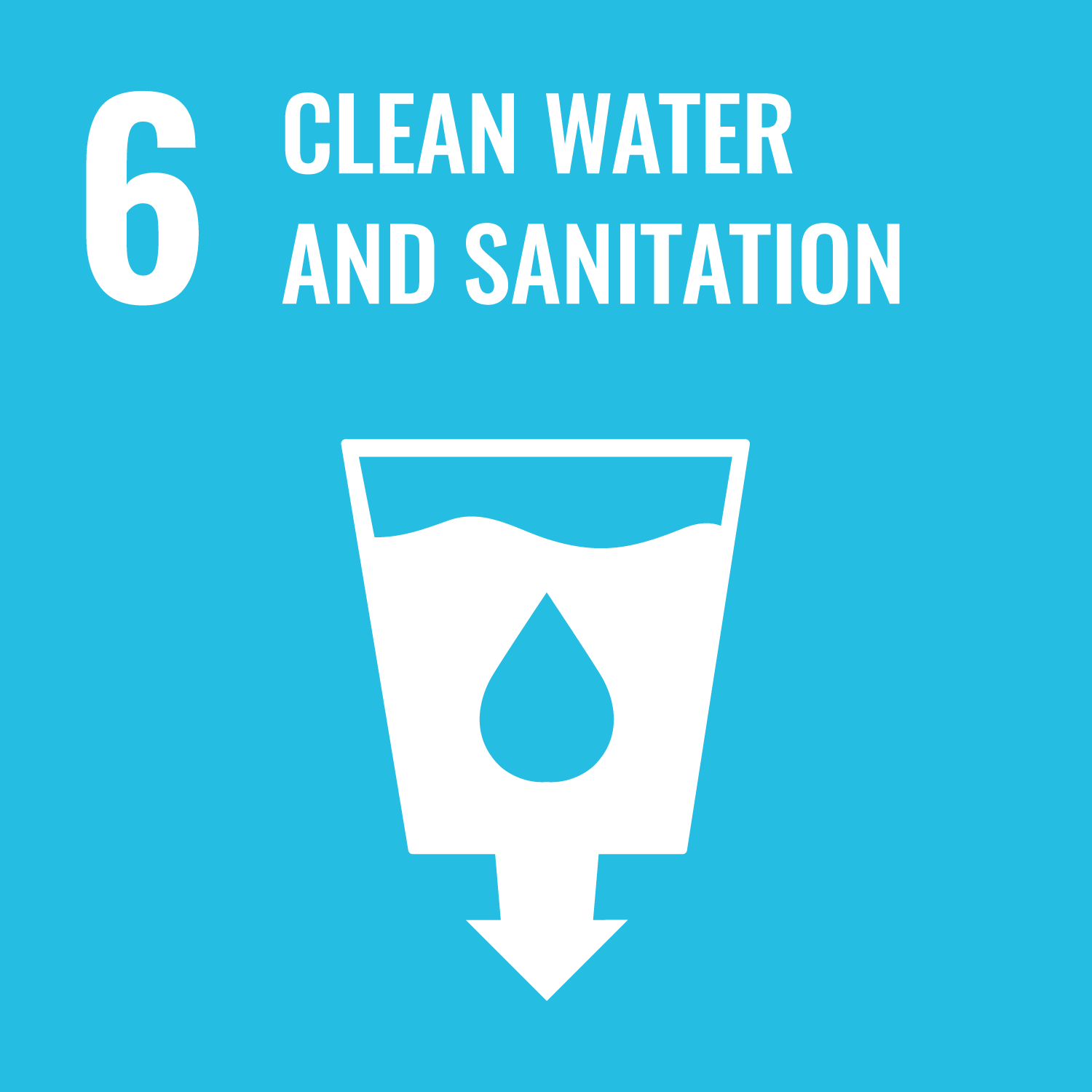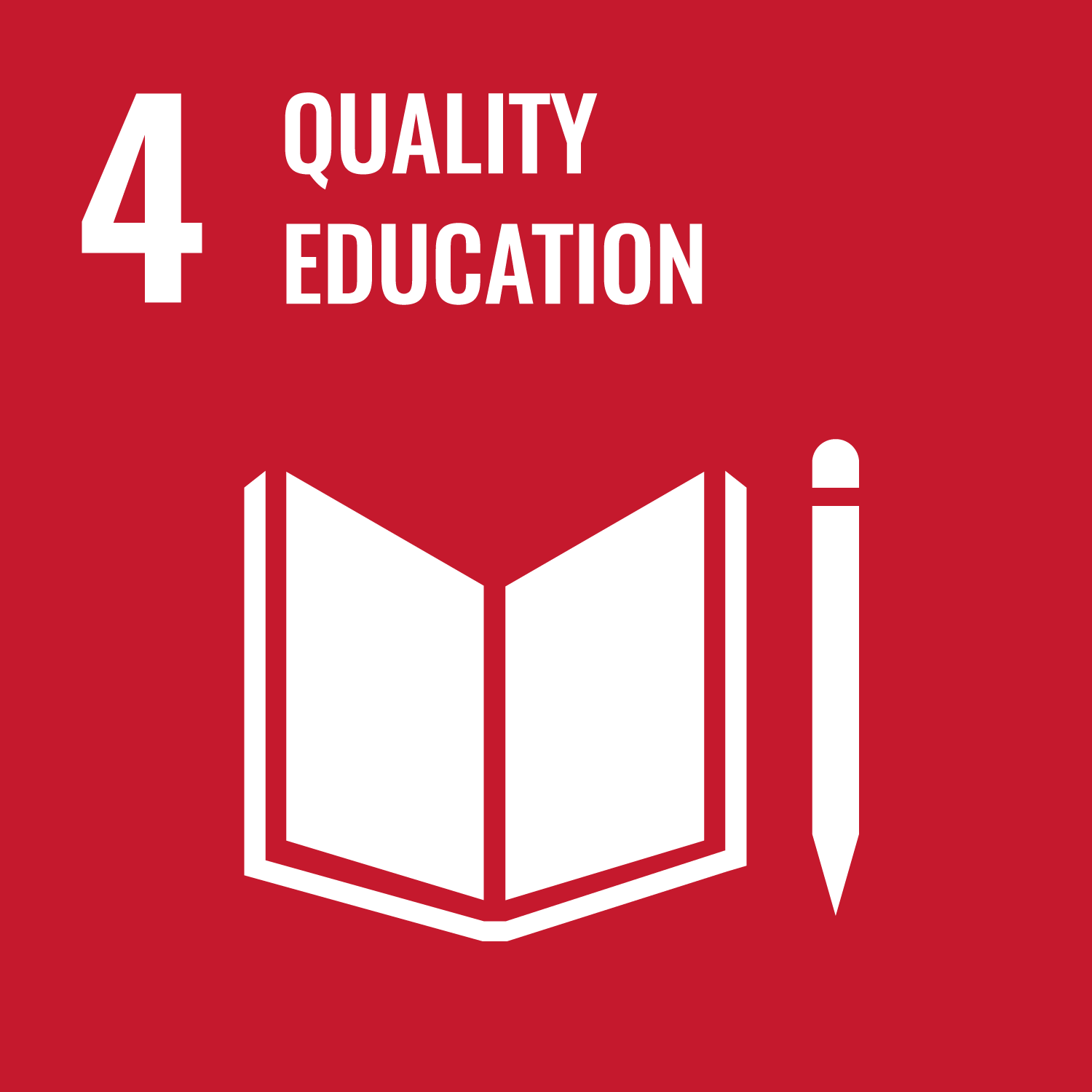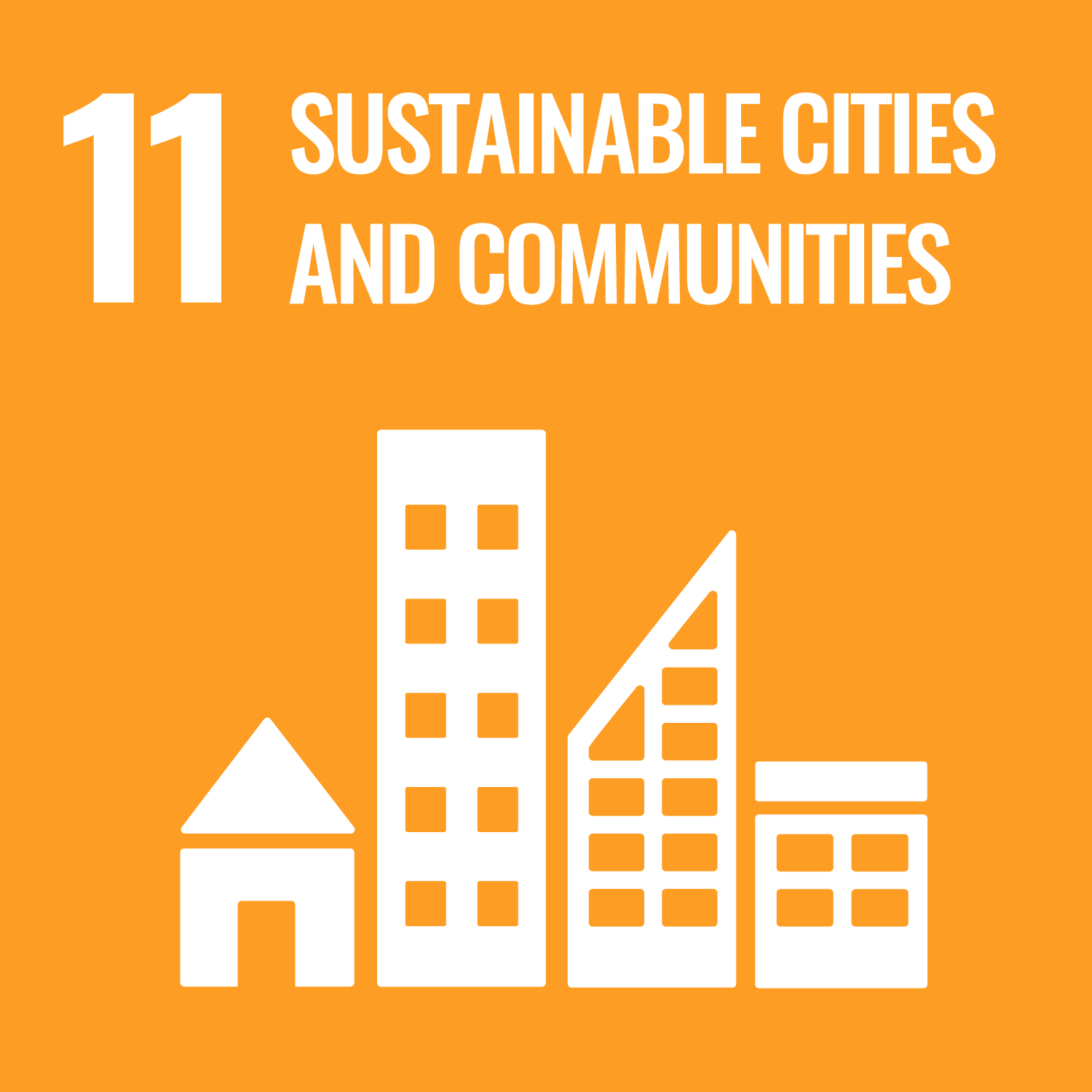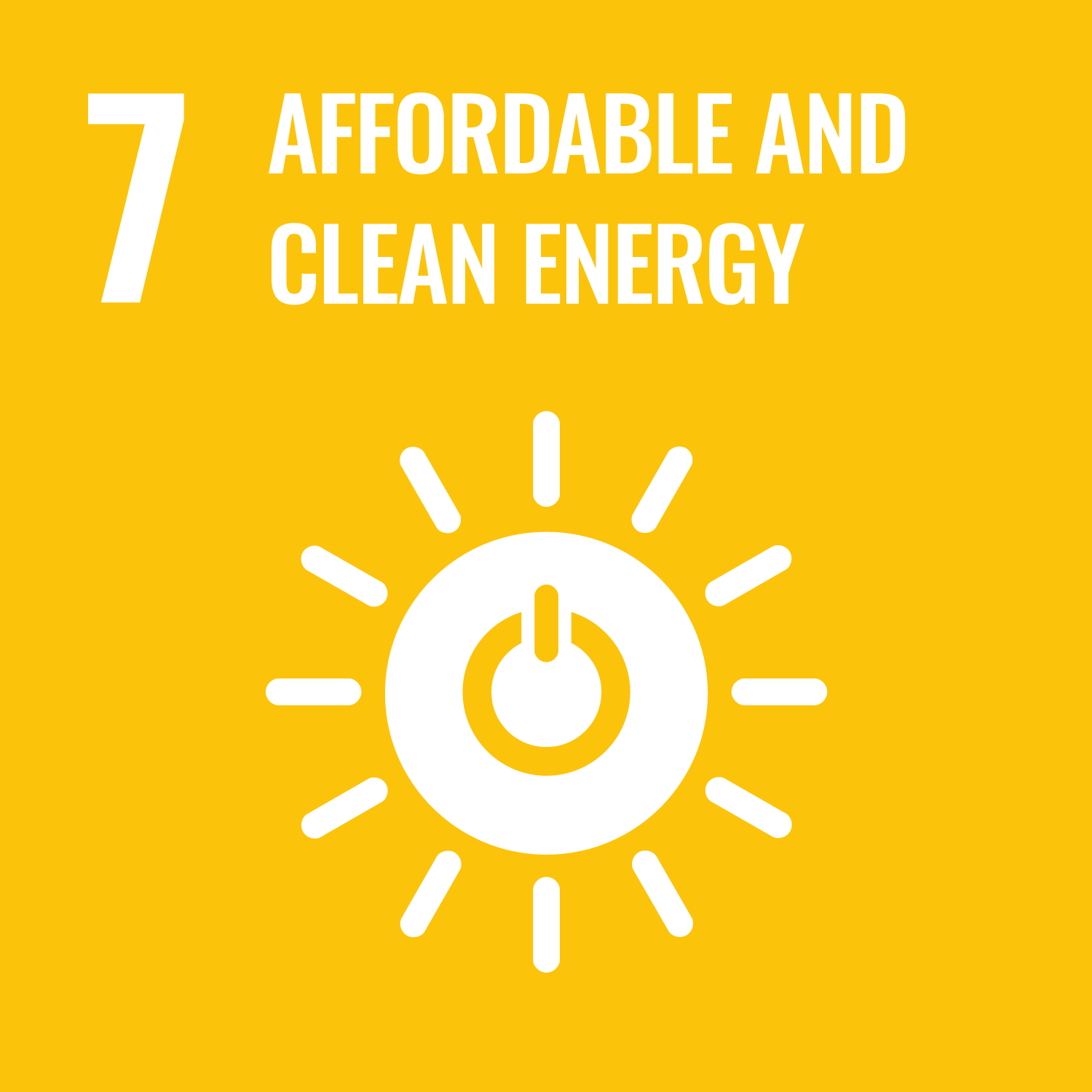This organization has not been verified by our team. We are working around the clock to get everyone approved.
MAGNIFICENT CATALYTIC INCLUSIONS LIMITED
- CSO Profile
- Campaigns
- Projects
- Events

We are a women-owned and -led sustainability social enterprise dedicated to providing clean and affordable energy solutions to support food security.
Overview
Organisation type
Philanthropy
Country of Registration
Annual Budget
100 000 - 1 000 000 USD
Scope
Local
Field of Activities
Organisation Laguage
English
Contact
Contact
ESTHER OGBONNA NWANKWO
Website
Phone
+234 708 345 9907
Millions of Nigerians, particularly in the rural parts of Nigeria, grapple with energy poverty. They hardly have any choice but to rely on costly and polluting fossil-fuel generators. This causes economic stagnation, environmental harm, post-harvest losses, food insecurity, inflation, and entrenched poverty.
For the 88 million Nigerians who live without electricity access—73% of whom reside in rural areas—the energy crisis is a daily reality. The nation’s energy deficit, estimated to be between 40GW to 175GW, leaves farmers and agribusinesses in the dark, taking a toll on their livelihoods and the environment. The national grid is constrained by inadequate generation capacity, weak transmission, and distribution deficiencies. In addition, the grid tariff is not cost-reflective, making new capital injections unattractive. The sector struggles with gas disruptions, vandalism, aged infrastructure, and unpaid gas debts in addition to high ATC&C losses, a high debt profile, and voltage instability.
Annually, over $11.8 billion is spent on inefficient power solutions, predominantly diesel generators, which spew out 126.9 MtCO₂e of carbon emissions from about 60 million diesel generators. In addition, the nation suffers $9 billion in post-harvest losses every year which contributes to 235 MtCO₂e from methane emissions. Agriculture contributes 20% of methane emissions, mainly from decaying matter worsening climate change. These combined challenges threaten food security, inflate costs, and lock farmers into a cycle of vulnerability.
Emeora and Umulona communities in Enugu state, Nigeria, are agrarian communities predominantly occupied by a large number of smallholder farmers who cultivate predominantly cassava. Its inhabitants, due to lack of electricity for over 30 years of their existence as a community, depend solely on generators for the supply of power. With no petrol station nearby, they must buy fuel from black-market sellers at inflated prices, further diminishing their earnings. Their reliance on generators not only drains scarce resources but also stifles their ability to add value to their produce. Without electricity, farmers are forced to sell cassava as raw tubers rather than processing it into more lucrative products like starch and flour. This loss of opportunity leaves them at the mercy of middlemen, who exploit their plight by offering below-market prices during periods of artificial glut and scarcity. This situation is exacerbated by exorbitant transportation costs as they haul their cassava to distant communities for processing. In dry seasons, the situation worsens as farmers depend on expensive generator-powered boreholes for water to sustain their farms and livelihoods. The lack of affordable, reliable energy is not just a barrier to economic growth; it is a roadblock to survival.
Magnificent Catalytic Inclusions Limited proposes a holistic and innovative solution to address the profound dual challenges of energy poverty and agricultural inefficiency faced by rural Nigerian communities.
The project plans to deploy a cassava processing plant powered by a 100% renewable energy solution optimizing agricultural waste and solar resources to enhance agricultural productivity in these agrarian hamlets, energizing local farmers, cooperatives, and SME businesses. The company stands out through its integrated solar-biogas hybrid systems with a focus on mitigating postharvest losses and reducing carbon and methane emissions from agricultural waste. The project plans to power the agricultural processing factory and the other agribusinesses during the day, while the rest of the agrarian community will be powered at night and in the early hours of the morning when the factory is closed.
Magnificent leverages advanced technology, including solar photovoltaic and biomass gasification technology, IoT-based remote monitoring, smart grids, and digital vending platforms, to resolve the challenges facing these communities. We adopt a hybrid business model that integrates the Key Maker Model, Processing Center Model, and Outgrower Model to promote food security in addition to providing clean, reliable energy, economic empowerment, and environmental sustainability. The key maker approach integrates energy generation and agro-processing by owning and operating both the mini-grid and the cassava processing facility. On the other hand, the outgrower model, Magnificent, purchases raw cassava directly from local farmers, processes it into high-value products such as flour and starch and sells the finished goods to reliable off-takers.
Magnificent empowers smallholder farmers through the outgrower model by providing them with critical resources such as herbicides, fertilizers, tractor services, and capacity-building training. This collaborative approach enhances productivity, supports sustainable agriculture, and ensures a reliable supply of raw cassava for the processing centres, improving farmers’ livelihoods and reducing poverty. This model creates a sustainable ecosystem that drives operational efficiency, empowers local farmers, and stimulates economic activity within the community. Alternatively, the processing centres can also serve as both energy and service hubs, offering cassava processing services to farmers addressing post-harvest losses and enhancing the sustainability of agricultural activities.
Magnificent offers a scalable, impactful solution that transforms rural communities. The project will not only electrify underserved areas but also create sustainable economic opportunities, reduce post-harvest losses, mitigate methane and carbon emissions, and contribute to a more resilient and inclusive rural economy.
